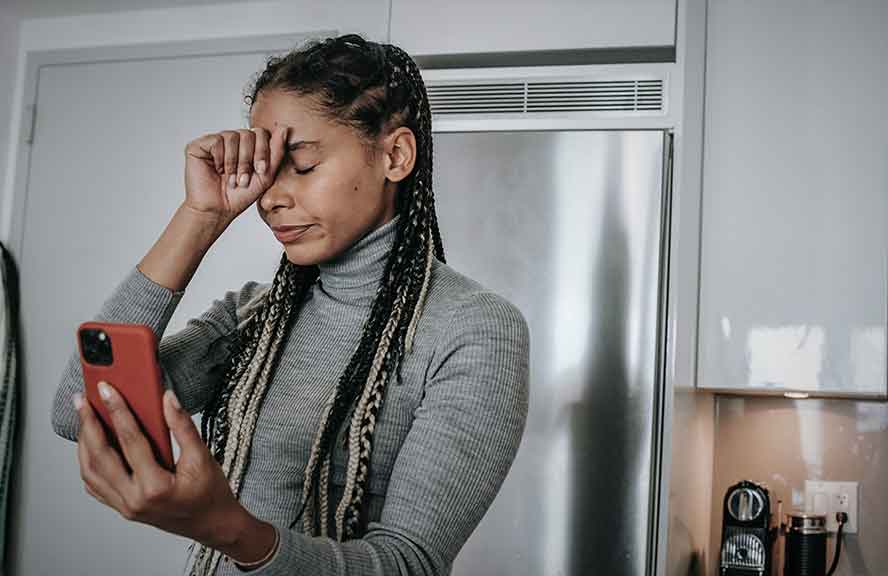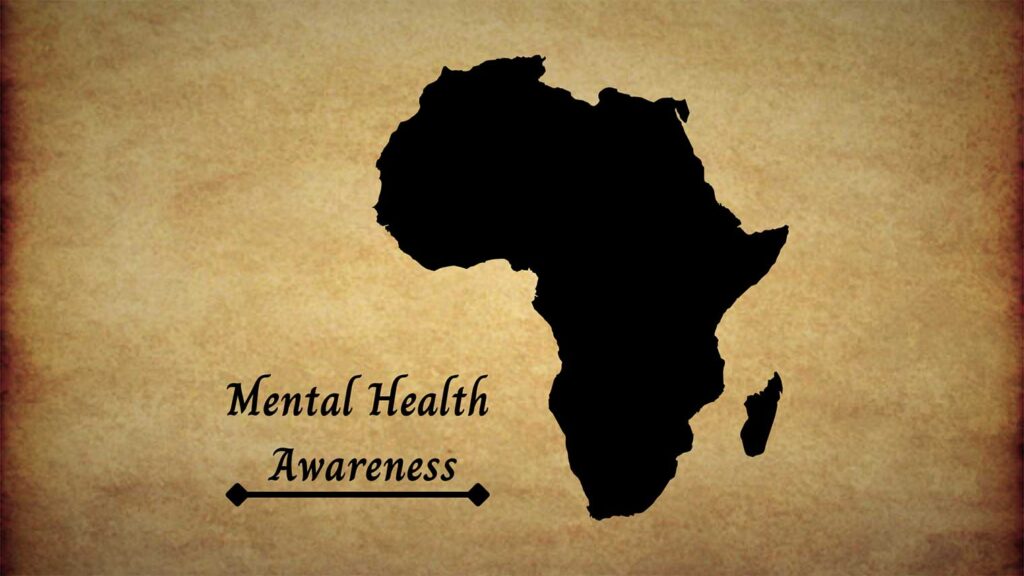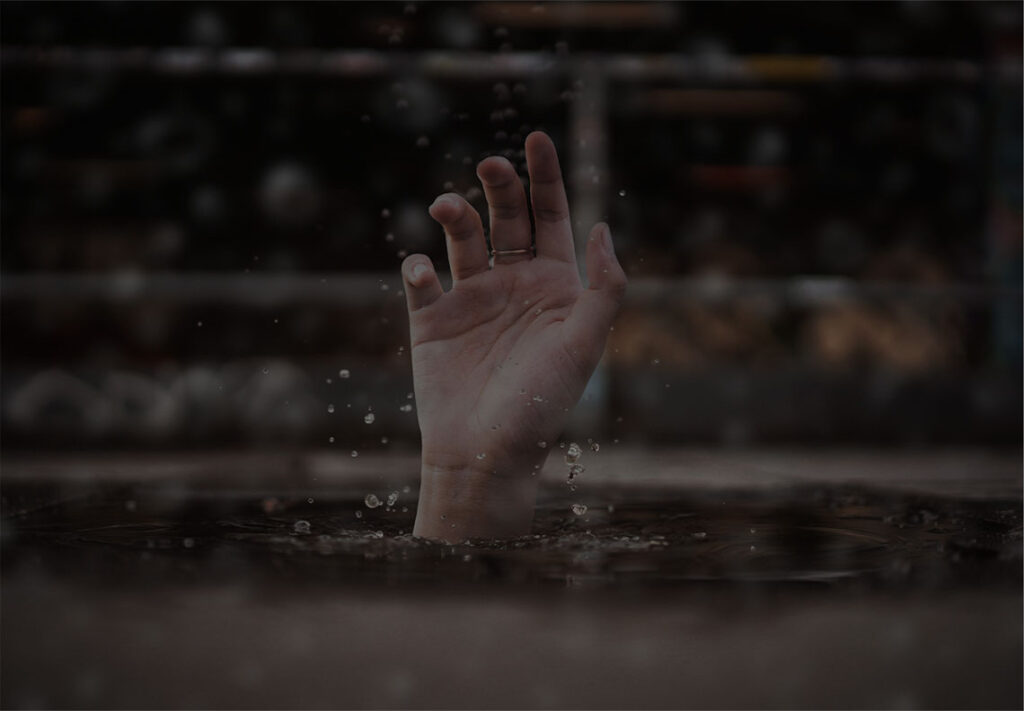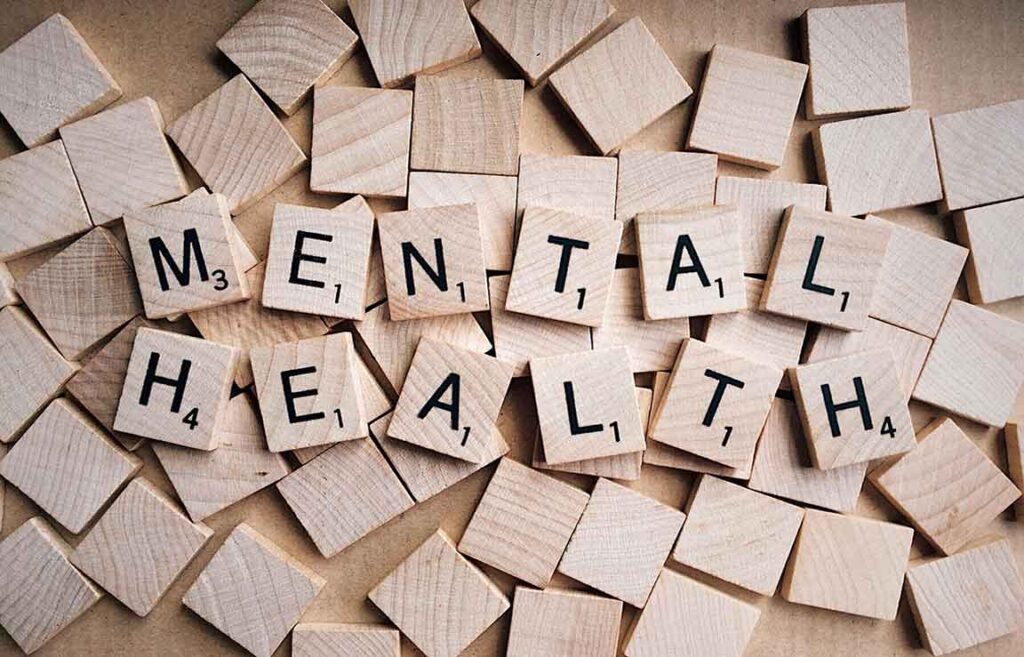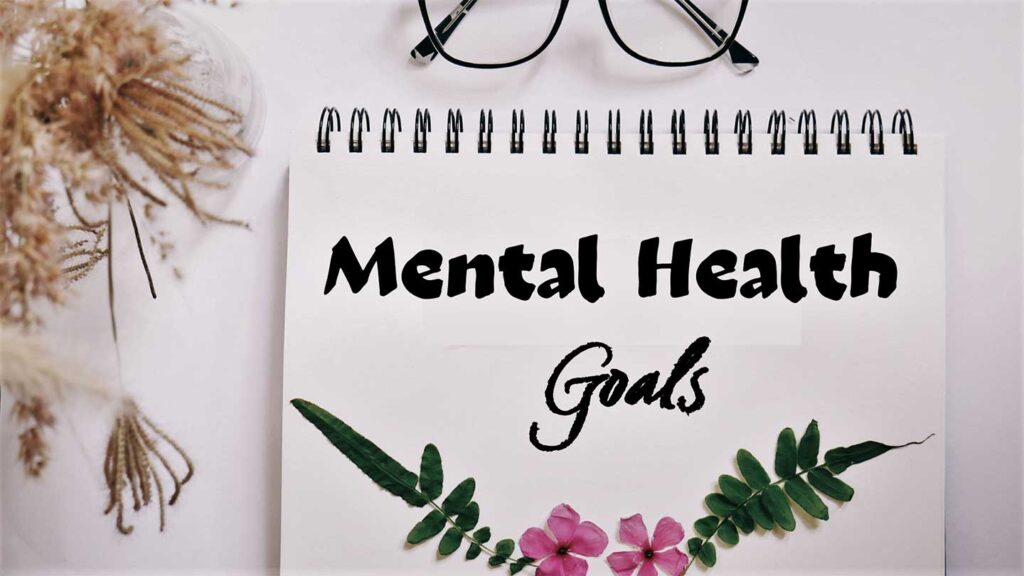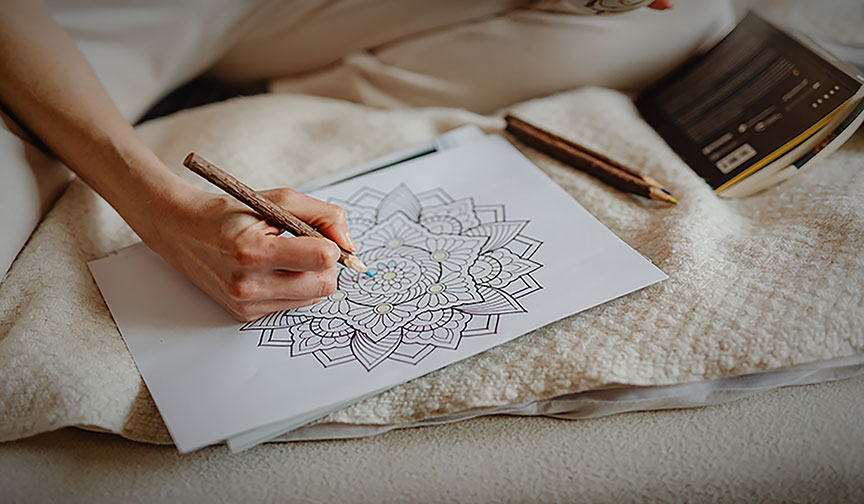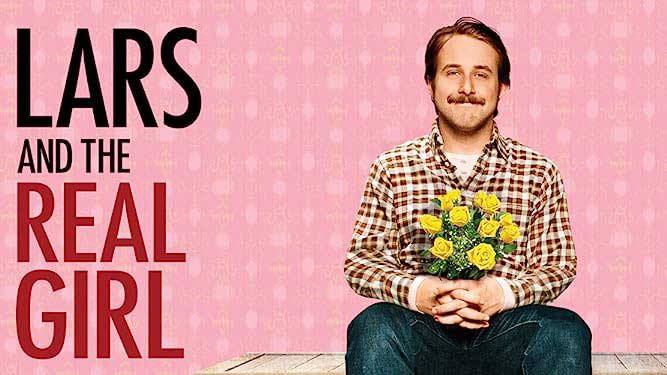By Lovlyn
Valentine’s Day is often seen as a celebration of love and romance. However, for many people, it can also be a time of increased stress and anxiety, especially in this age of social media, where people are bombarded with images of happy couples, gifts, and romantic gestures. The devastating impact of social media on mental health is sometimes more than anxiety and depression.
Social media can create unrealistic expectations and feelings of inadequacy, which can negatively impact mental health.
In this blog post, we will explore the devastating impact of social media on mental health during Valentine’s Day and provide ideas on how to protect yourself.
Devastating impact of Social Media On Mental Health During Valentine’s Day
Social media has been known to have a damaging impact on mental health, and this is particularly true during Valentine’s Day when comparisons to others can have a negative impact on us. Here are five ways social media can affect our mental health.
Also read: Surprising Impact of Valentine’s Day on Your Mental Health
Exposure to Unrealistic Expectations of Love and Relationships
This is one of the biggest ways that social media affects mental health during Valentine’s Day. Many people use social media to create unrealistic expectations, showcase their relationships, highlight the best aspects of their partnership and downplay the difficulties.
This can lead others to believe that everyone is having a fantastic time, with no problems in their relationships. Thus creating feelings of anxiety, insecurity, and self-doubt for those who are single or struggling in their relationships.
Increased Feelings of Loneliness, Isolation and Depression
Social media can create feelings of loneliness and isolation. For many people, scrolling through their feeds and seeing all the posts about happy couples can make them feel like they are the only single ones or even feel like they do not have a romantic partner like others.
This can lead to feelings of hopelessness and self-pity, which can be especially difficult to manage during Valentine’s Day.
Comparison Trap
Another way that social media can hurt mental health during Valentine’s Day is through the comparison trap. People often compare themselves to others, particularly on social media, where everyone is putting their best foot forward.
This can cause feelings of insecurity, anxiety, and low self-esteem, particularly for individuals who are single or feel their relationship falls short compared to others.
It’s important to remember that social media is just a curated highlight reel of people’s lives. It’s not a true representation of reality. Most people only post the best moments of their lives and don’t show their difficulties and challenges. So, take social media with a grain of salt and not compare your life to others.
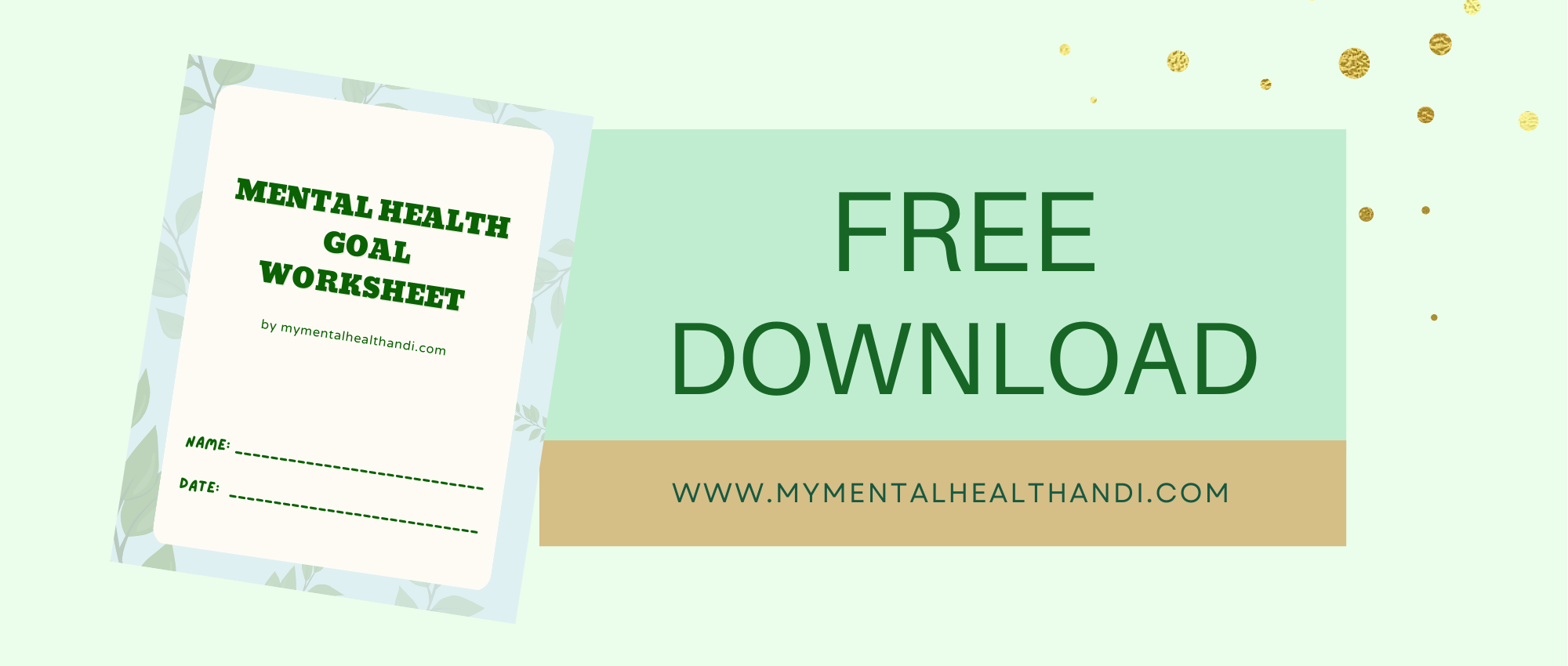 free mental health goal worksheet
free mental health goal worksheet
Negative Impact On Real-Life Relationships
Valentine’s Day can be a time when people feel more pressure to express their love and affection for their partners on social media. This can lead to individuals spending more time on social media, checking for updates and comparisons to others’ experiences.
However, excessive use of social media can lead to a decrease in face-to-face communication and can negatively affect real-life relationships. People may become more focused on presenting an idealized version of their relationship on social media, instead of focusing on their real-life relationship.
Intensified Feelings of Jealousy and Envy
Usually, on Valentine’s Day, social media is flooded with images of couples celebrating the holiday, sending messages of love and affection to each other, and enjoying romantic meals or gifts.
However, for many people, these images can be overwhelming and trigger feelings of jealousy and envy. They may compare their relationships or lack thereof to the seemingly perfect relationships of others on social media and feel like they are falling short.
So, what can you do to protect yourself from the negative impact of social media during Valentine’s Day?
How to protect yourself from the devastating impact of social media during Valentine’s Day
Here are tips to protect you from the devastating impact of social media on your mental health:
Limit Your Exposure to Social Media
It’s important to limit your exposure to social media. Try to avoid scrolling through your feeds, especially during the week of Valentine’s Day. If you do need to use social media, set a time limit for yourself and stick to it.
Have Realistic Expectations
Have realistic expectations about Valentine’s Day. It’s important to remember that this holiday is just one day out of the year and that relationships can be difficult at times. If you are single, try to focus on the positive aspects of your life and not dwell on the fact that you are not in a relationship.
Also read: How To Set Realistic Expectations For Valentine’s Day And Avoid Burnout

Practice Self-nurturance and Self-care
Focus on self-care during Valentine’s Day. This can involve doing things that make you happy, you can spend time with your loved ones. Focusing on self-care can help you feel better about yourself and reduce feelings of anxiety and self-doubt.
Spend Time with Family and Friends
Surround yourself with positive and supportive people. This can include friends, family members, or even a therapist. Having someone to talk to who can offer support and understanding can be incredibly helpful during this time.
Also read: Here’s What Happens When You Make Mental Health A Priority
Conclusion
Social media can have a devastating impact on our mental health during the valentine’s season. Again, it’s important to remember that not all that is depicted on social media is genuine. Many people are putting up a false front of happiness and pretending to be someone they are not.
It’s crucial to remember your own identity and what you truly desire for yourself. So, don’t compare yourself to others online. Create your happiness with your partner, friends, or family members. How you choose to spend your day is not as significant as being content with yourself and what you have.
DISCLAIMER:
The content of this blog is not intended to be a substitute for professional medical advice, diagnosis, or treatment. It is provided for general information only.
RECOMMENDATION
If you need help or know someone who needs help with their mental health or mental illness, check out the resource page for mental health resources.

